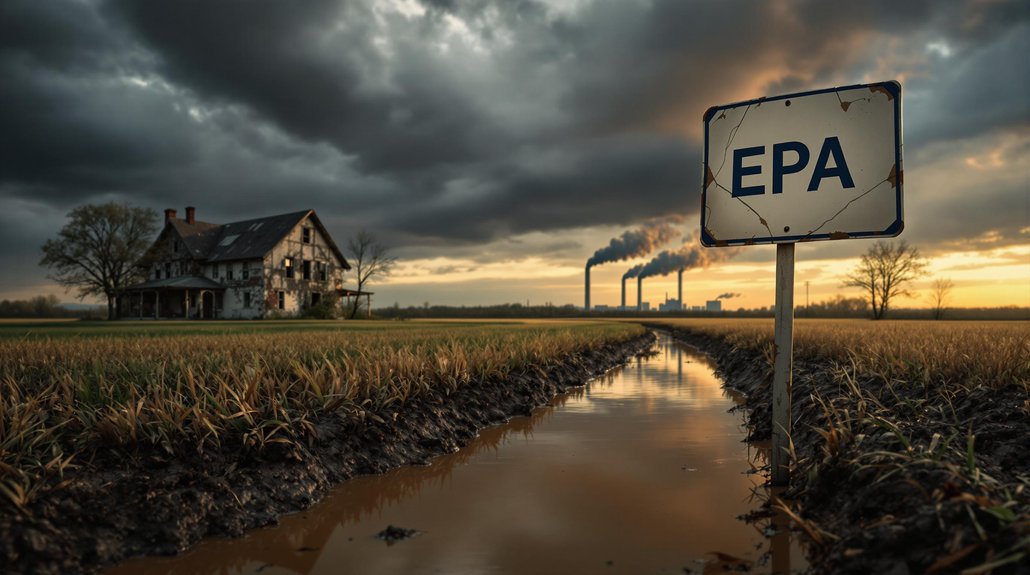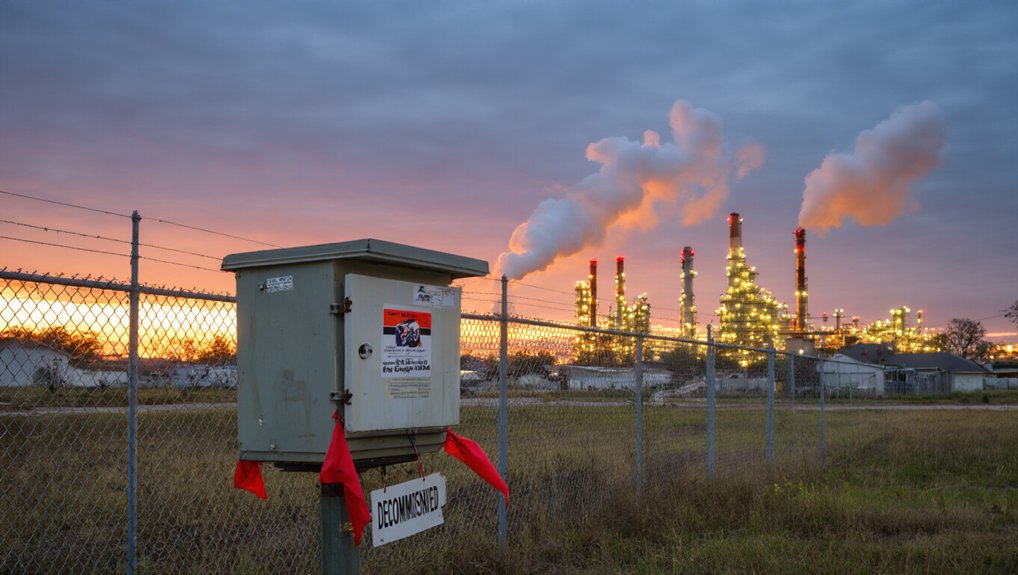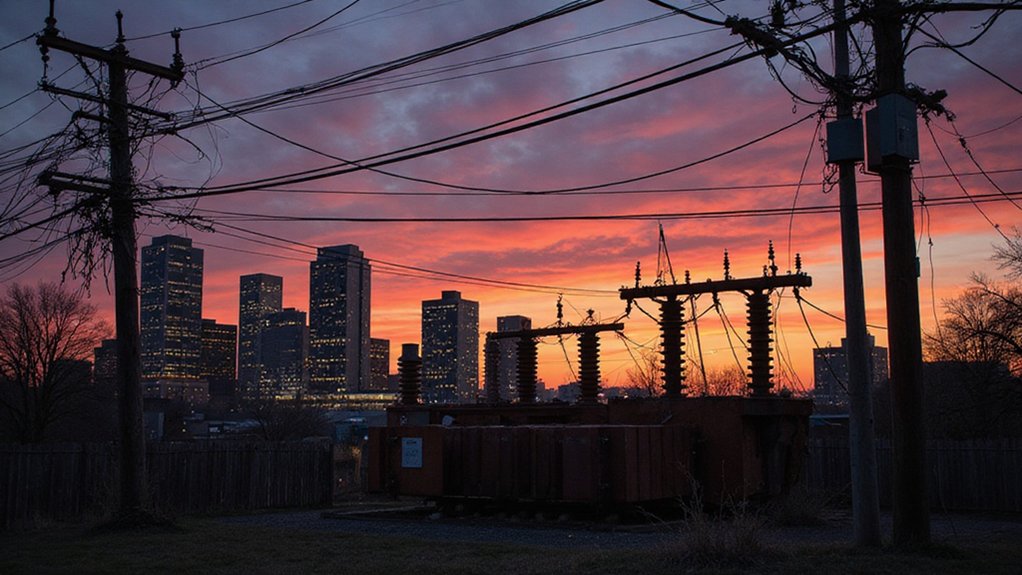The EPA has announced the closure of environmental justice offices established in 1992 to help communities facing pollution problems. Rural and low-income areas, often located near industrial sites, will likely be hardest hit. With offices closing in all 10 regional EPA locations, vulnerable populations lose critical protections against pollution-related health risks like asthma and heart disease. Environmental groups have condemned the decision as prioritizing corporate interests over community health. The impacts may deepen existing inequalities.
As the Environmental Protection Agency announced the closure of its environmental justice offices this week, rural communities across America face an uncertain future. The offices, established in 1992, were created to help communities dealing with pollution from highways, power plants, and industrial facilities. For three decades, these offices worked to guarantee fair treatment and participation in environmental decision-making for all Americans.
The closures stem from an internal memo from Administrator Lee Zeldin, who proposed “reorganization and elimination” of these offices. EPA leadership claims the move addresses inefficiencies within the agency. There are also suggestions that environmental justice efforts unfairly favored certain communities. The closures are part of broader budget cuts, including a $20 billion reduction in climate and housing programs.
Budget cuts and claims of inefficiency drive EPA’s elimination of environmental justice offices under Zeldin’s directive.
Rural areas and low-income communities will likely feel the greatest impact from these closures. These populations often face higher exposure to pollutants due to their proximity to industrial sites. Without advocacy resources, they’ll have limited means to address environmental hazards. Health experts warn this could worsen existing disparities in respiratory issues and cardiovascular diseases. The situation mirrors historical patterns from the Industrial Revolution era when factories released thick smoke and dumped waste into rivers without adequate regulation or oversight.
Research has consistently shown that pollution contributes to higher rates of asthma, heart disease, and other health problems. These health risks are often magnified in rural areas where healthcare access is already limited. Without environmental advocacy offices, industrial pollution may go unchecked, further threatening public health. The reorganization affects all 10 regional offices of the EPA across the country, leaving many vulnerable populations without crucial environmental protections.
Many environmental groups, including Friends of the Earth, have condemned the decision as harmful and discriminatory. Critics see the move as prioritizing corporate interests over community health and wellbeing. Michelle Chan, Vice President of Programs for Friends of the Earth, explicitly described the closures as a racist attack on vulnerable communities. They worry it undermines decades of progress in addressing environmental injustices.
The closure of these offices represents a significant shift in the nation’s approach to environmental equity. As rural and marginalized communities lose this important resource, many fear the gap in environmental protections will continue to widen, leaving those most vulnerable to pollution with fewer options for remedy and support.









